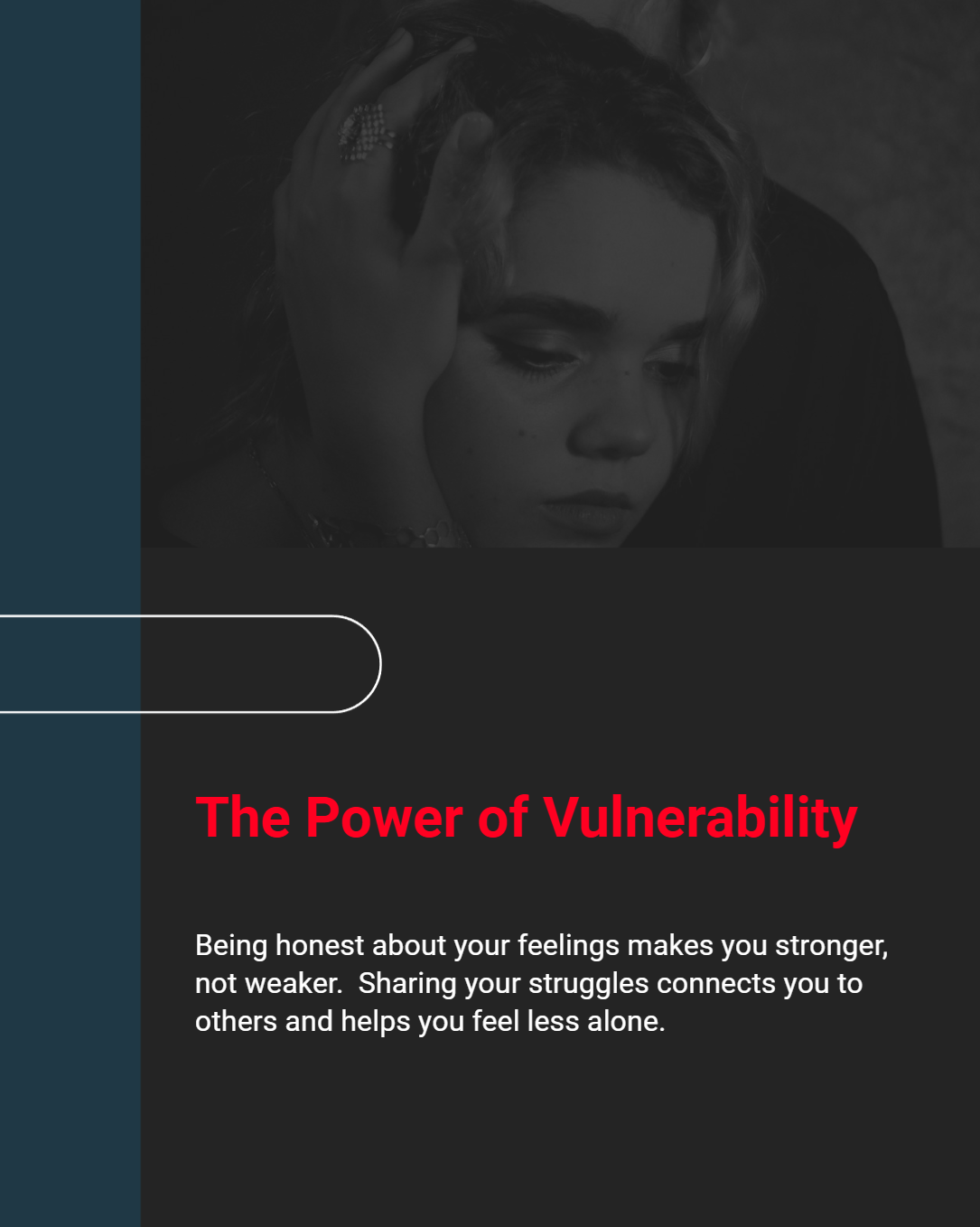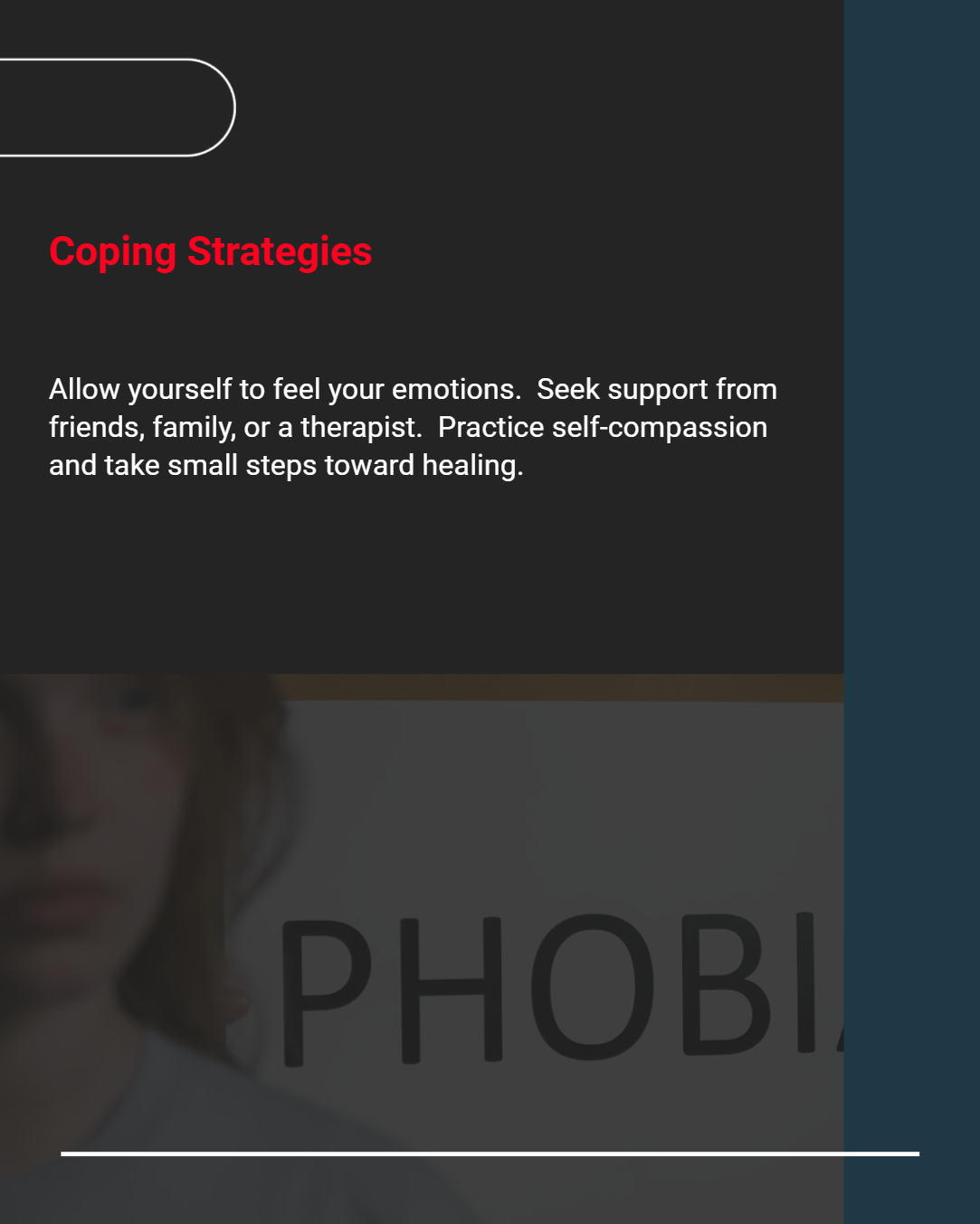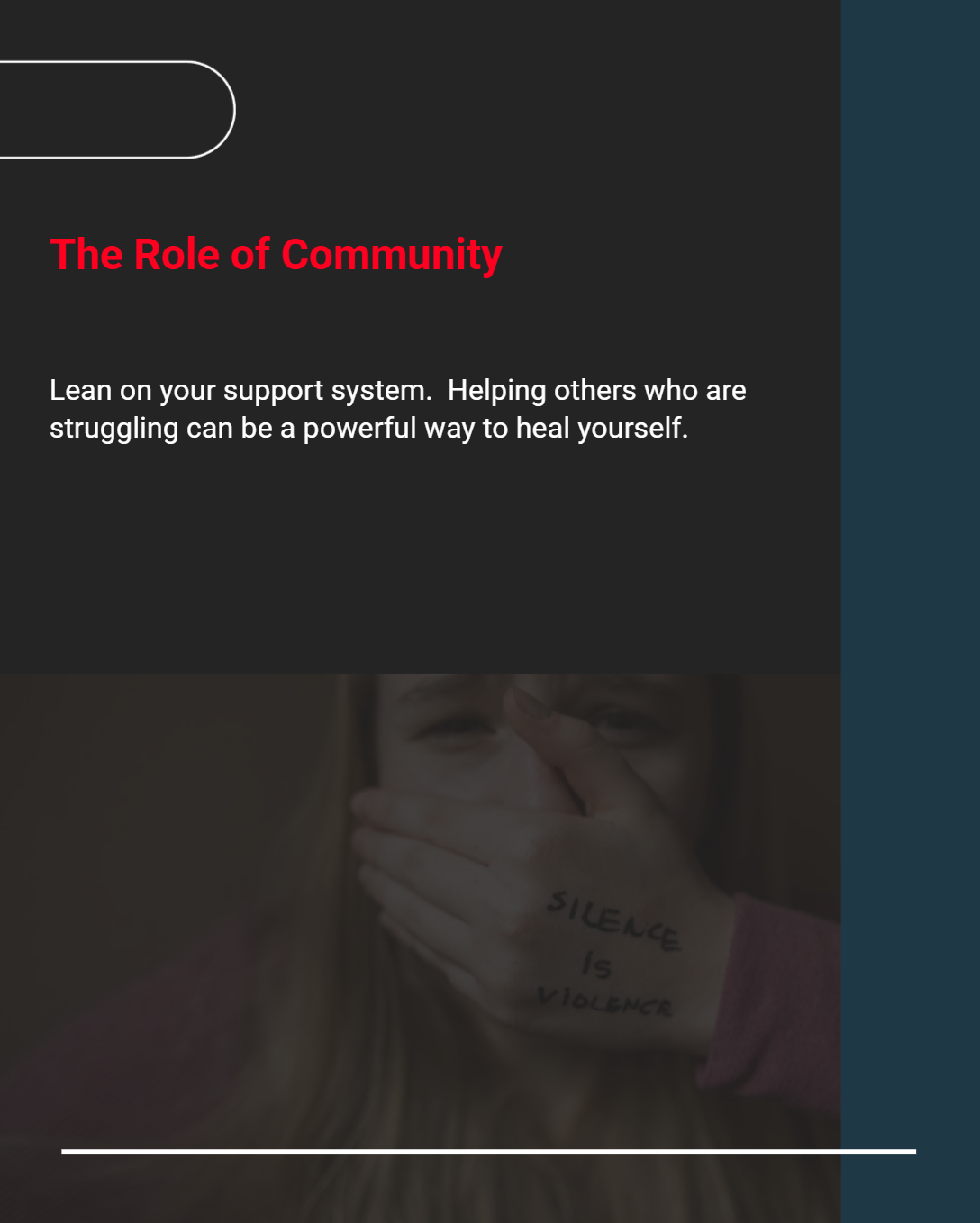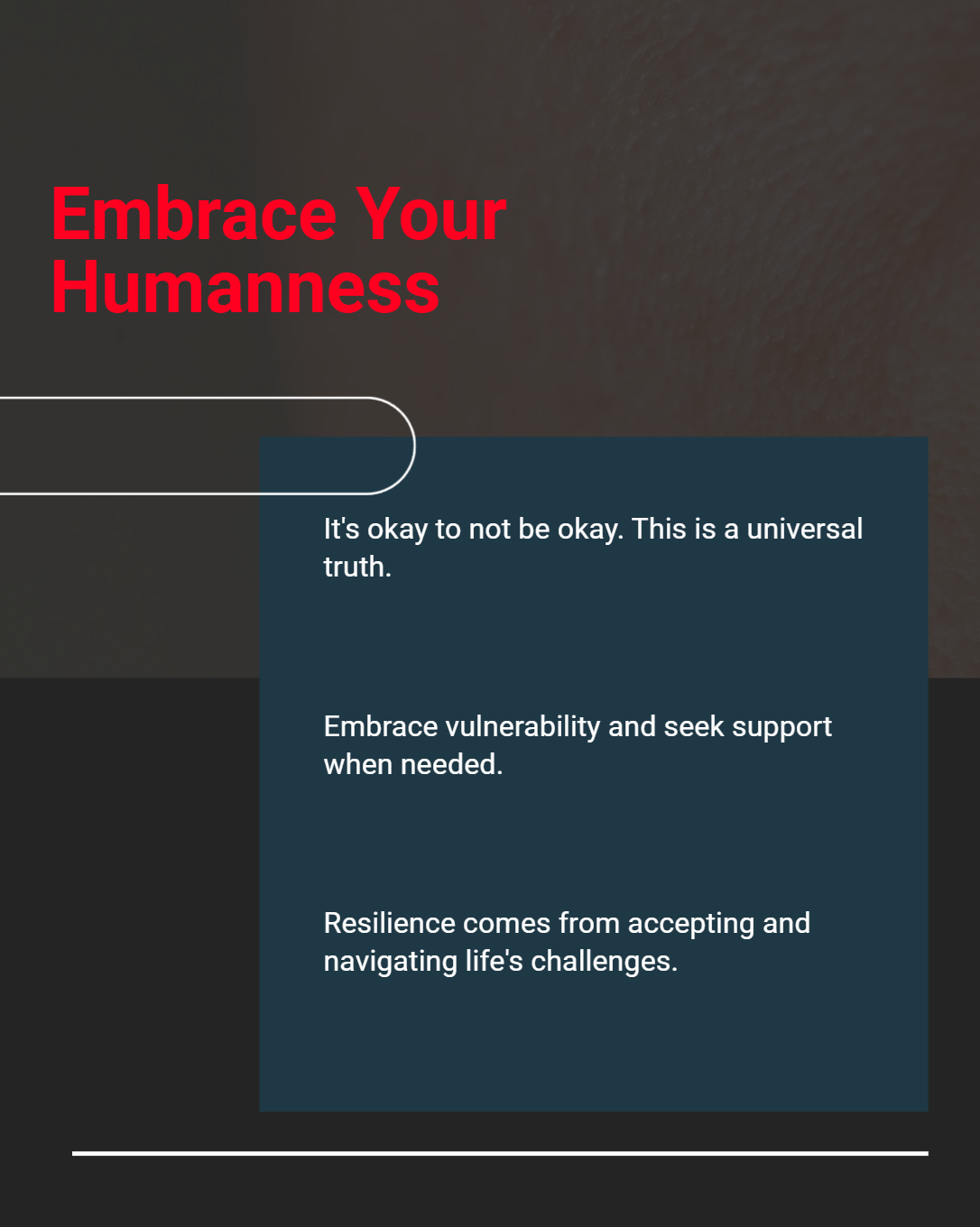In a world where perfection often feels like the ultimate goal, admitting that we’re not okay can feel like failure. But the truth is, that life’s challenges, uncertainties, and struggles are all part of the human experience. Acknowledging this truth can be liberating and is an essential step toward healing, growth, and finding peace within ourselves.
In this article, we’ll explore why it’s okay to not be okay, how embracing vulnerability can strengthen us, and ways to navigate tough times with self-compassion and resilience.
Social media, advertisements, and even well-meaning friends can often project the idea that we should always be happy, successful, and thriving. This constant pressure can make us feel isolated or broken when life doesn’t align with those expectations.
Suppressing your emotions to maintain a façade of strength can lead to burnout, anxiety, and even physical illness. Recognizing that it’s okay to feel pain or sadness is crucial for your mental and emotional health.
No matter how perfect someone’s life may appear on the outside, everyone faces challenges, disappointments, and loss. Acknowledging this universal truth helps normalize the experience of not being okay.
Some of the most profound personal growth comes from overcoming adversity. Struggles can teach us resilience, empathy, and a deeper understanding of ourselves.

Being vulnerable means being honest about your feelings and experiences, even when it’s uncomfortable. Vulnerability is not a sign of weakness but a testament to your courage.
When we share our struggles, we invite others to do the same. This mutual openness creates deeper, more authentic connections and reduces feelings of isolation.

It’s essential to validate your emotions instead of brushing them aside. Whether it’s sadness, anger, or fear, acknowledging how you feel is the first step toward healing.
Talking to trusted friends, family, or a therapist can be incredibly healing. Sometimes, simply expressing your feelings out loud can lighten the burden.
Treat yourself with the kindness and understanding you would offer a friend. Self-compassion can help silence the inner critic and foster a sense of peace.
When life feels overwhelming, focus on small, manageable actions. These could include journaling, meditating, or simply taking a walk to clear your mind.
Seeking professional help is not a sign of failure but a proactive step toward healing. Therapy, counseling, or support groups can provide tools and strategies to navigate difficult emotions.
There are countless resources, both online and offline, to help those struggling. From hotlines to mental health apps, assistance is more accessible than ever.
True strength lies in recognizing when you need help and taking steps to care for yourself. Admitting that you’re not okay is a brave and powerful act.
Healing is not linear, and that’s okay. Celebrate your small victories and acknowledge the progress you’ve made, even if it feels slow.
Change is a constant in life, and learning to accept it can help us build resilience. It’s okay to feel discomfort as you adapt to new circumstances.
Let go of the need for perfection. Embracing your imperfections allows you to live more authentically and appreciate life’s beauty in its messiness.

A strong support system can make all the difference during tough times. Reach out to friends, family, or community groups for support and connection.
Helping others who are struggling can be a powerful way to heal yourself. Volunteer, mentor, or simply lend an ear to someone in need.

Life is a journey filled with highs and lows, and it’s perfectly okay to not be okay sometimes. Acknowledging this truth doesn’t mean giving up—it means allowing yourself the grace to feel, heal, and grow. Remember, you are not alone, and brighter days are ahead.
If your feelings of sadness, anxiety, or hopelessness persist for weeks or interfere with daily life, consider reaching out to a mental health professional.
Yes, but try to remind yourself that feeling emotions is a natural part of being human. Guilt only adds unnecessary pressure.
Absolutely. Sometimes, sharing your feelings with someone who listens without judgment can bring immense relief and clarity.
You can still find support through online forums, therapy, or local support groups. Many communities and organizations are ready to help.
Healing is a unique process for everyone. Focus on small, positive steps, and don’t rush yourself—it’s okay to take time.
 15.12.2024
15.12.2024